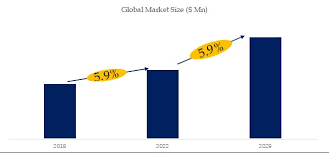Tennis-Zheng finds groove to down Kalinskaya, reach Australian ...

MELBOURNE (Reuters) -Zheng Qinwen shook off a sluggish start to outclass Russian Anna Kalinskaya 6-7(4) 6-3 6-1 on Wednesday and reach the semi-finals of the Australian Open for the first time where the Chinese 12th seed will take on Ukrainian qualifier Dayana Yastremska.
Kalinskaya appeared nervous in her first Grand Slam quarter-final as she gifted the opening break of the match with a double fault but Zheng returned the favour immediately and the duo were locked until the tiebreak after more shaky displays on serve.
U.S. Open quarter-finalist Zheng came under pressure when she hit a forehand wide to hand Kalinskaya two opportunities to take the opening set and the Russian calmly finished it with a backhand winner.
"She played really good today, especially good with baseline strokes," said Zheng, who can emulate her idol Li Na by winning the trophy at Melbourne Park.
"In the first set, we had a big good competition, the match was very tough for me. I just told myself, 'stay focused, don't think about the first. I'm so happy right now, really excited."
Zheng broke her 25-year-old opponent for a 5-3 lead in the next before levelling the contest at one set apiece playing top quality tennis and pounced again without losing a point in the third game of the decider.
Kalinskaya needed a medical timeout for a right leg problem after going a double break down but threatened a late fightback at deuce while down 4-1, but the 21-year-old Zheng maintained focus to pull away further and secure the victory.
"It's the first time (in the semi-finals) for me," Zheng said. "I'm really happy to be in the semis, especially with such a good performance like this."
Victory also meant the WTA's most improved player of 2023 will break into the top 10 after the year's first major.
"That's good news for me, another motivation for me," Zheng added. "Last year at the Australian Open I said I wanted to be top 10 and now I am."
(Reporting by Shrivathsa Sridhar in MelbourneEditing by Christian Radnedge)


 Malaysia
Malaysia Argentina
Argentina  Australia
Australia  Austria
Austria  Brazil
Brazil  Canada
Canada  Germany
Germany  Ireland
Ireland  Italy
Italy  Mexico
Mexico  New Zealand
New Zealand  Poland
Poland  South Africa
South Africa  United Kingdom
United Kingdom  United States
United States 







